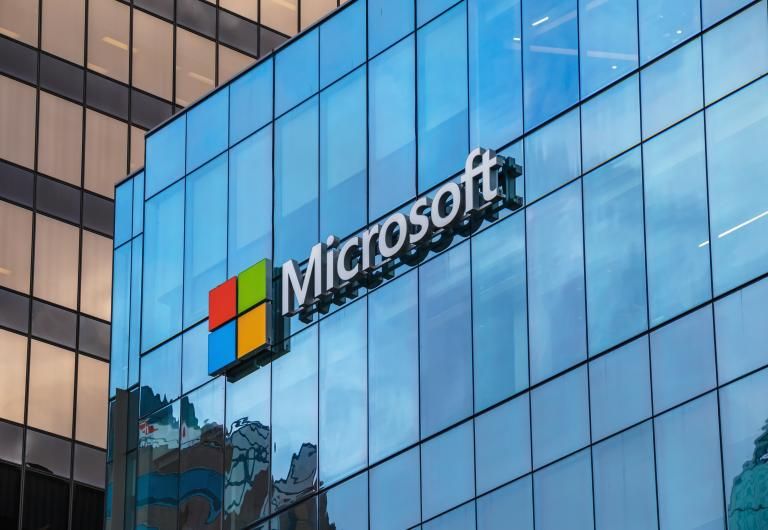In a bid to streamline proof of identity and documentation verification, South Korea and a selection of the East Asia country’s largest business groups has formed a partnership network.
This partnership was designed and deployed as a means to commercialize a self-sovereign electronic authentication and verification service. This marks the beginning of a mounting movement to hand data back to the public instead of using it against them.
South Korea’s Best Partner Up to Provide Data Sovereignty
The consortium includes a selection of South Korea’s top manufacturing and telecoms chaebols as well as some of the nation’s largest banks:
-
Samsung Electronics from the Samsung Group, South Korea’s largest business conglomerate with a market cap of $720.79 B
-
SK Telecom, South Korea’s largest wireless carrier with a 50.5 percent market share, under parent company SK Group
-
Cellular carrier LG Uplus, a subsidiary of the LG Corporation
-
Woori Bank, under the Woori Financial Group, the country’s largest bank
-
KEB Hana Bank, owned by Hana Financial Group, another one of South Korea’s largest banking groups
-
Koskom, a financial services IT company established by the Ministry of Finance and the Korea Exchange
The decentralized identifier network will enable users to practice self-sovereignty over their data. Key documentation will be authenticated and shared with organizations using an individual’s mobile phone.
Simultaneously, users will be able to save and secure key information on a phone application. According to a press release made available on the SK Telecom website, identity information will be managed through Samsung’s Knox security system, pre-installed on most Samsung smartphones, tablets, and wearables.
What Are Decentralized Identifiers (DIDs)?
DIDs offer subjects a verifiable, self-sovereign digital identity. Users possess decentralized control over their identities, as opposed to being controlled by large centralized identity providers, certificate authorities, or registries. They can replace human-friendly aliases like usernames and passwords. A user’s actual identity data lives encrypted ‘off-chain,’ under the user’s sole control. The concept isn’t new, having first been proposed in the 1980s as a universally unique identifier. Microsoft announced in 2018 that they were acting as a founding member of the ID2020 Alliance, a public-private partnership that maximizes “the potential of digital IDs to improve lives.” Microsoft’s ION (Identity Overlay Network), built on the Bitcoin blockchain, is part of the software company’s bid to dominate DIDs. To that end, Microsoft has also partnered with Mastercard to promote the adoption of DIDs.The Future of DIDs
The South Korean consortium specifically envisions itself to be employed for a variety of use cases, including:-
Certification issuance and distribution, including graduation certificates and transcripts at the tertiary study level
-
Recruitment systems
-
Mobile access control systems
-
Digital signatures
-
Communication and banking user authentication services
-
Online log-in services
Disclaimer
In adherence to the Trust Project guidelines, BeInCrypto is committed to unbiased, transparent reporting. This news article aims to provide accurate, timely information. However, readers are advised to verify facts independently and consult with a professional before making any decisions based on this content. Please note that our Terms and Conditions, Privacy Policy, and Disclaimers have been updated.






